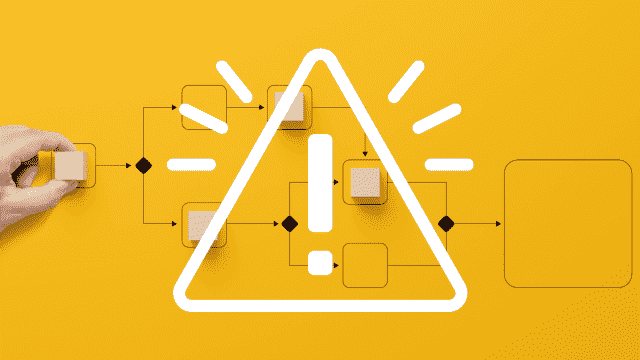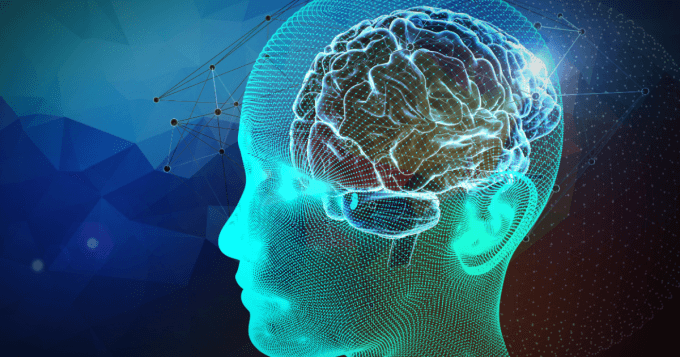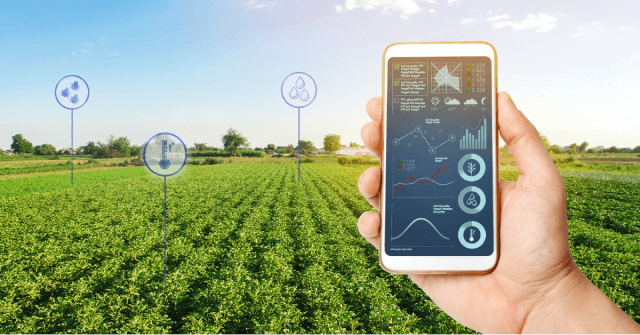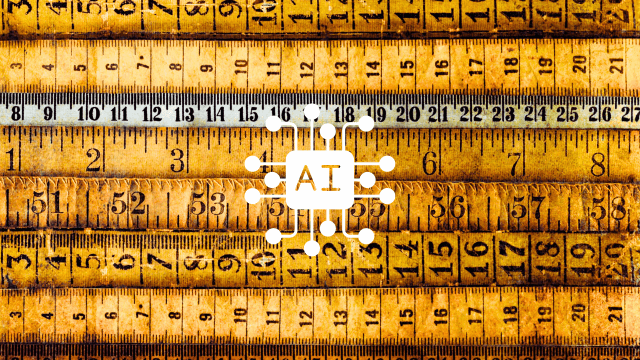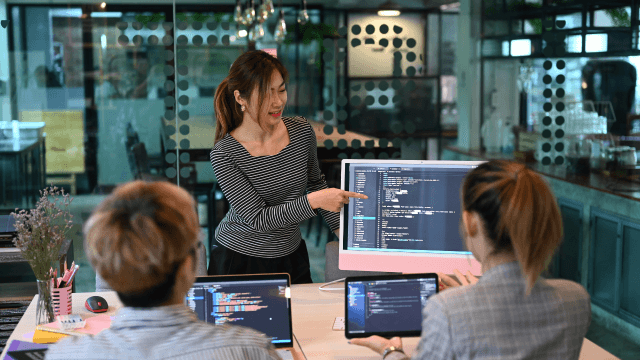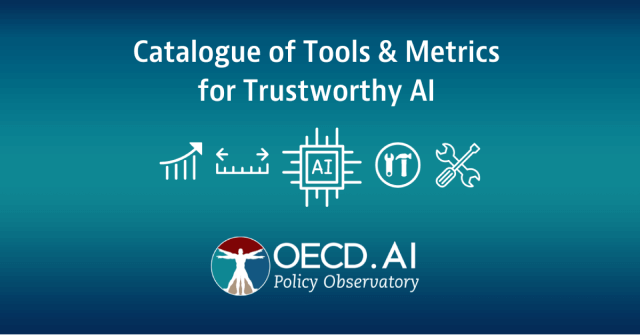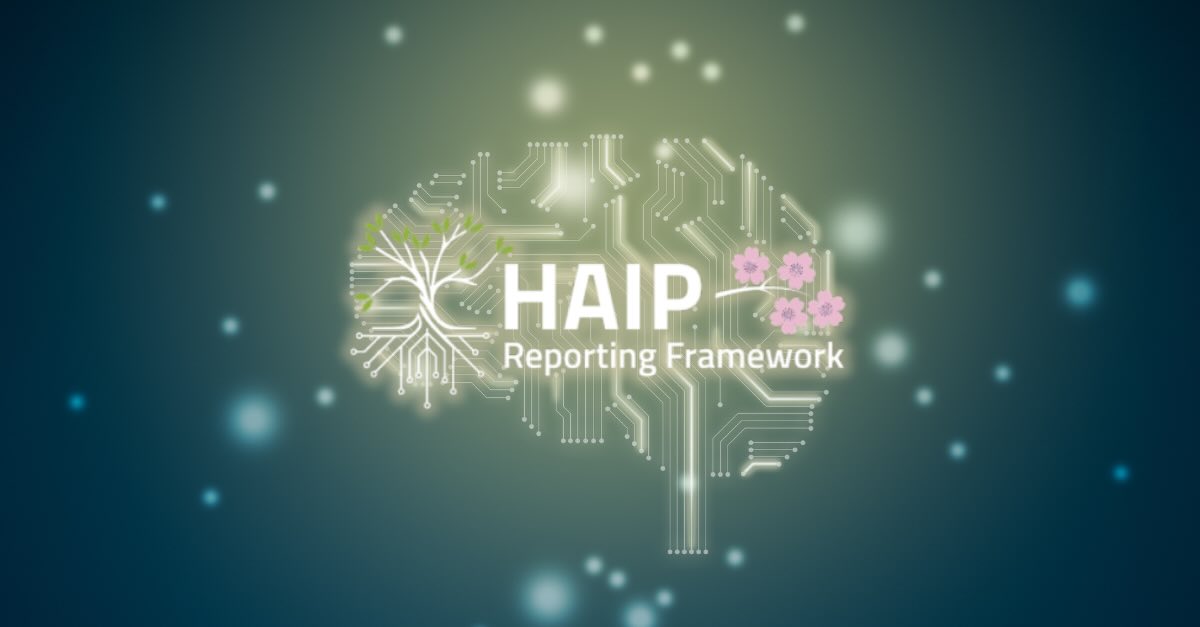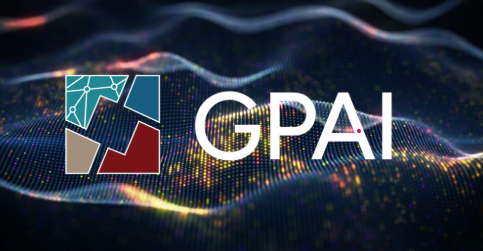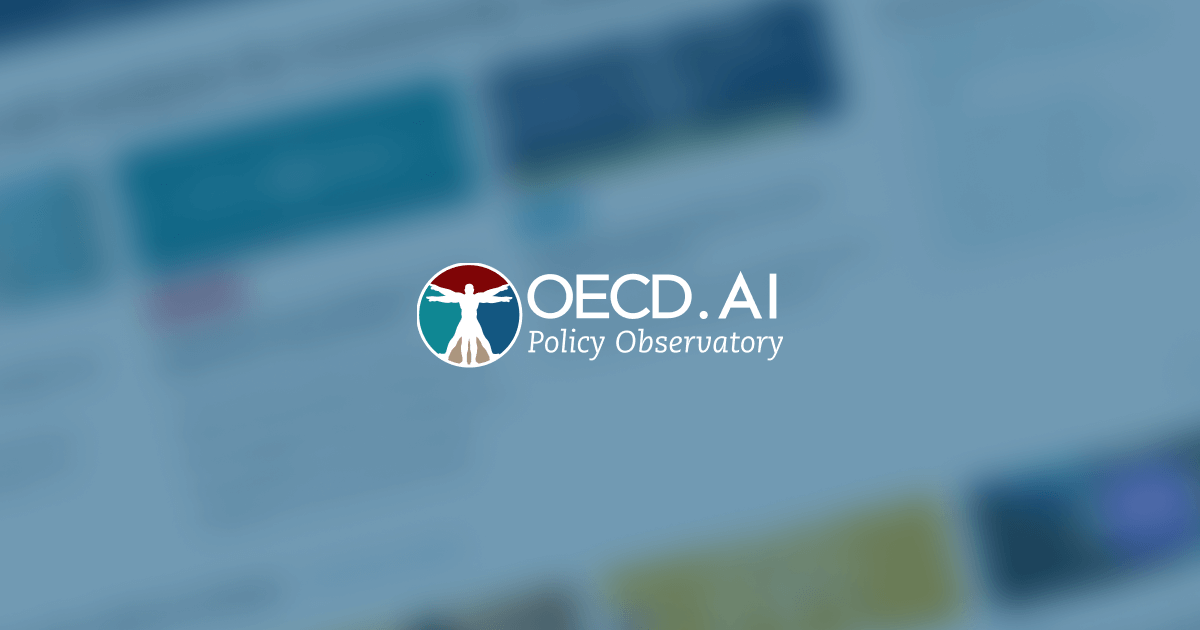Les Principes de l'OCDE sur l'IA ont été initialement adoptés en 2019 et mis à jour en mai 2024. Les adhérents les ont actualisés pour tenir compte des nouveaux développements technologiques et politiques, afin de garantir qu'ils restent solides et adaptés à leur objectif.
Les Principes guident les acteurs de l'IA dans leurs efforts pour développer une IA digne de confiance et fournissent aux décideurs des recommandations pour des politiques efficaces en matière d'IA.
Les pays utilisent les Principes de l'OCDE sur l'IA et les outils associés pour façonner leurs politiques et créer des cadres de gestion des risques liés à l'IA, jetant ainsi les bases de l'interopérabilité mondiale entre juridictions. Aujourd'hui, l'Union européenne, le Conseil de l'Europe, les Etats-Unis, les Nations Unies et d'autres juridictions utilisent la définition de l'OCDE d'un système d'IA et de son cycle de vie dans leurs cadres législatifs et réglementaires, ainsi que dans leurs orientations. Les principes, la définition et le cycle de vie font tous partie de la Recommandation de l'OCDE sur l'intelligence artificielle.
